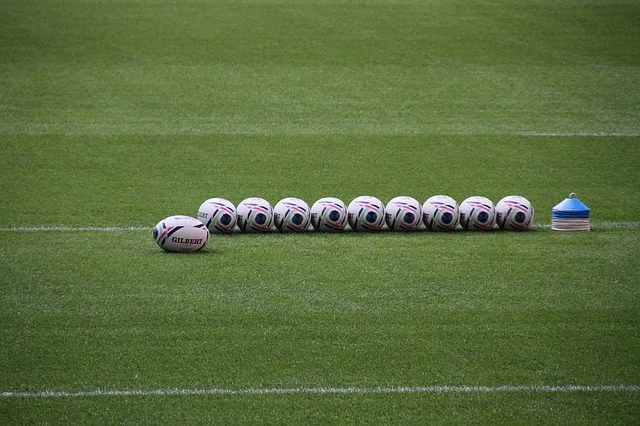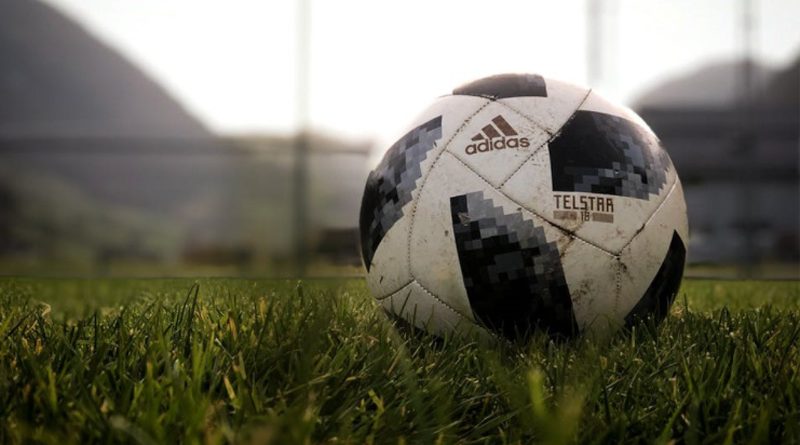
Regulators in many U.S. states and around the world are cracking down on the sports betting industry.
WASHINGTON - Lawmakers and regulators who have quickly expanded the legalization of gambling in the United States are now moving nationwide to increase oversight of the gambling industry, particularly with regard to advertising that may contact underage bettors.
The crackdown extends to bettors themselves, with at least three states moving to ban a surge in gamblers threatening or harassing athletes after losing bets.For more information on this trend, visit this website.

Other countries around the world, including Australia, Belgium, Canada, the Netherlands, and the United Kingdom, have enacted or proposed new online betting regulations in recent months, in some cases banning celebrity sponsorship and nearly all advertising.
Nationally, 33 states and the District of Columbia offer legal sports betting, followed by Kentucky, Maine, Nebraska, and Florida. Five years after the Supreme Court overturned a law that prohibited most states from legalizing sports betting, Americans have collectively wagered more than $220 billion on sports legally since the 2018 court case.
In the U.S., mobile sports betting generated $16.5 billion in bets and a whopping $909 million in new tax and license revenue in its first year of legalization as states, including New York, began tweaking state regulations and laws this winter.
But the explosive growth of legal online sports betting has also generated growing concern that it could cause harm. New York State proposed new rules banning advertising on college campuses and "targeting persons under the minimum age (21 in New York State)," and Ohio stepped up enforcement.
Matt Schuler, executive director of the Ohio Casino Control Commission, said, "We are waking up to the need to intervene so that we don't have to wait a decade to see the harmful effects, especially on minors." The industry will never crack down on itself."
According to BIA Advisory Services, an aggregator of industry data, an estimated $1.8 billion was spent on online gambling advertising in local markets in the U.S. last year, an increase of nearly 70% in just one year, and certain state regulators and many sports viewers are beginning to realize that the airwaves are contributed to a sense that the airwaves had become oversaturated with menacasino.com.
In the past six months, Maryland, Maine, Massachusetts, Ohio, and Connecticut have enacted or proposed new sports betting rules, some of which are now in effect or awaiting final approval. The content varies from state to state, but most are aimed at preventing deceptive marketing and promotions targeting underage bettors.
Maine has proposed a rule that would allow sports betting television ads to be shown only during live games, the most restrictive policy in the nation. It would also prohibit advertisements offering wagering bonuses and prohibit the use of "cartoon characters, professional athletes, Olympic athletes, celebrities, and entertainers" in advertisements.
Image.
A street overflowing with runners competing in the Boston Marathon.
Massachusetts allows online sports gambling but prohibits certain types of marketing; in April, state regulators denied a request to allow legal betting on the Boston Marathon. Charles Krupa/The Associated Press
Massachusetts last month officially banned marketing on college campuses and banned advertising to minors. Also this month, the state, along with New York, moved to prohibit sports betting marketing companies from earning commissions on user bets provided to sports betting platforms.
New York State Gaming Commission Chairman Brian O'Dwyer said that sports betting in the state generates tax revenue. However, he added, "We have to make sure that we are not taking people captive, that we are not encouraging problem gambling, and that we are not encouraging underage gambling."
Maryland and Connecticut are moving to ban betting companies from signing contracts with public universities.
I think it's outrageous," Connecticut Rep. Amy Morin Bello (D-Wethersfield) said of the contracts that certain betting companies have signed with eight universities across the country. A bill she introduced this month to ban the deals passed 142-0.
Morin Bello and O'Dwyer said the regulatory push was prompted by a New York Times report last year about the explosive growth of sports betting in the United States, including marketing on college campuses.

The exterior of the Caesars Sportsbook office in the Rocket Mortgage FieldHouse in Cleveland.
The Sportsbook at the Rocket Mortgage FieldHouse in Cleveland in December, just before sports betting was legalized in Ohio. The state is actively working on new rules to legalize sports betting.Credit.David Dermer/Associated Press
The Ohio Casino Control Commission has fined sports betting companies more than $800,000 since January. Violators include DraftKings, one of the most well-known betting platforms. The company illegally claimed that bettors could bet "for free" and admitted to mailing 2,582 ads to state residents under 21, the legal betting age, erroneously encouraging them to download a mobile app and claim a $200 free bet.
Another major sports betting company, Penn Entertainment, which operates under the Barstool brand, was fined separately in February. Late last year, Barstool held a college football show on the University of Toledo campus promoting its mobile sports betting application, despite a ban on advertising targeting people under 21.
Schuler said the crackdown has improved advertiser compliance. However, he said he still has concerns about betting company logos on the jerseys of players on the Columbus, Ohio-based professional soccer team. He said that "their greed trumps the common sense we should employ in looking out for harm to minors," adding that he has no authority at this time to prohibit the display of betting sponsors on jerseys.
The surge in abusive behavior targeting college and professional athletes has drawn attention from coaches and players themselves. University of Dayton men's basketball coach Anthony Grant condemned verbal and online attacks on his players from angry bettors in January, just days after sports betting was legalized in Ohio.
At a hearing in Illinois last month, Josh Whitman, the state's leading university athletic director, asked lawmakers to continue to prohibit the state's sportsbooks from accepting bets on college sports in the state. He submitted a letter to lawmakers signed by representatives of many of the state's universities, which contained five pages of vulgar and sometimes racist online remarks against players and teams.
Chris Boucher of the Toronto Raptors, wearing a white uniform with red stripes, dunks during a game. Chris Boucher of the Toronto Raptors dunks during a game in Charlotte, N.C., in April. Boucher said he received hateful messages from losing sports bettors.
Chris Boucher, a forward for the NBA's Toronto Raptors, spoke on a podcast in March about one of the hateful messages he received from a bettor. 'I picked the wrong slave today.
David Foster, deputy general counsel for the union representing NBA players, said, "In its purest form, players feel insulted that fans sometimes act as if players are playing to make bets. It gets even worse when it crosses the line and becomes harassment or intimidation."
Although the specific language varies, bills and rule amendments proposed or approved this year in Ohio, West Virginia, and Massachusetts broadly allow state officials to ban bettors who threaten or harass players.
The industry supports these proposals as it abhors such actions against athletes.
Casey Clark, executive vice president of the American Gaming Association, said, "Such behavior will not be tolerated. 'I believe that anyone whose reaction to losing a bet is extreme is a gambler.
The gambling industry and professional sports leagues have announced efforts to combat harmful practices and prevent further enforcement of rules.
More Source
Top Gambling Nations: Who’s Betting Big?
How to NBA Betting Bankroll Management